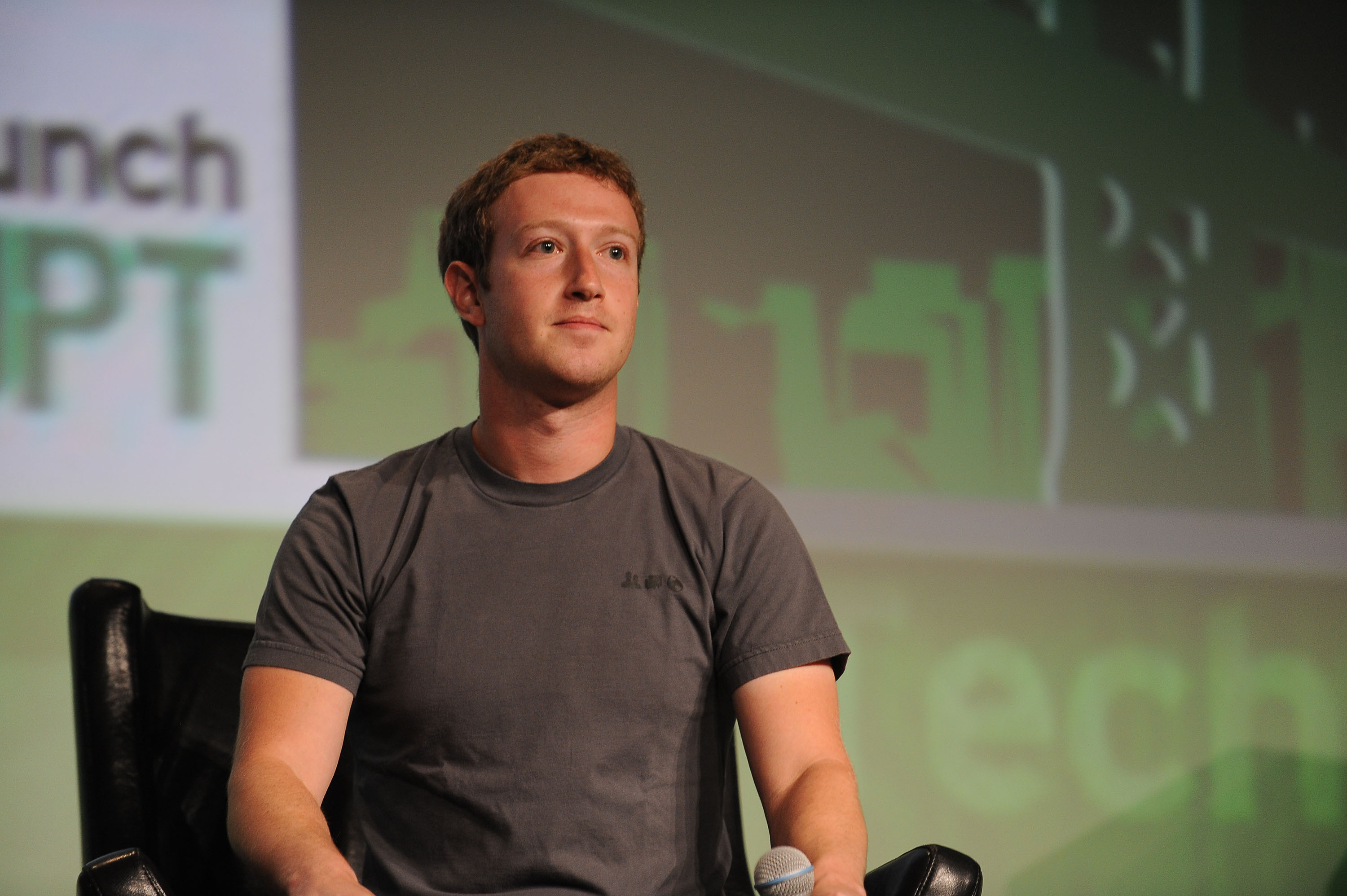Social networking has long been predicated on people sharing their status updates, photos and messages with the world. Now Mark Zuckerberg, chief executive of Facebook, plans to start shifting people towards private conversations and away from public broadcasting.
Zuckerberg, who runs Facebook, Instagram, WhatsApp and Messenger, on Wednesday expressed his intentions to change the essential nature of social media. Instead of encouraging public posts, he said he would focus on private and encrypted communications, in which users message mostly smaller groups of people they know.
Unlike publicly shared posts that are kept as users’ permanent records, the communications could also be deleted after a certain period of time. He said Facebook would achieve the shift partly by integrating Instagram, WhatsApp and Messenger so that users worldwide could easily message one another across the networks.
In effect, he said, Facebook would change from being a digital town square to creating a type of “digital living room”, where people could expect their discussions to be intimate, ephemeral and secure from outsiders.
“We’re building a foundation for social communication aligned with the direction people increasingly care about: messaging each other privately,” Zuckerberg said in an interview on Wednesday.
In a blog post, he added that as he thought about the future of the Internet, “I believe a privacy-focused communications platform will become even more important than today’s open platforms.”
Facebook’s plan — in which the company is playing catch-up to how people are already communicating digitally — raises new questions, not the least of which is whether it can realistically pull off a privacy-focused platform. The Silicon Valley giant, valued at $490 billion, depends on people openly sharing posts to be able to target advertising to them.
While the company will not eradicate public sharing, a proliferation of private and secure communications could potentially hurt its business model. Facebook also faces concerns about what the change means for people’s data and whether it was being anti-competitive by knitting together WhatsApp, Instagram and Messenger, which historically have operated autonomously.
Zuckerberg was vague on many details of the shift, including how long it would take to enact and whether that meant Instagram, WhatsApp and Messenger would share user information and other contact details with one another. He did not address how private, encrypted communications would affect Facebook’s bottom line. But Zuckerberg did acknowledge the scepticism that Facebook would be able to change.











